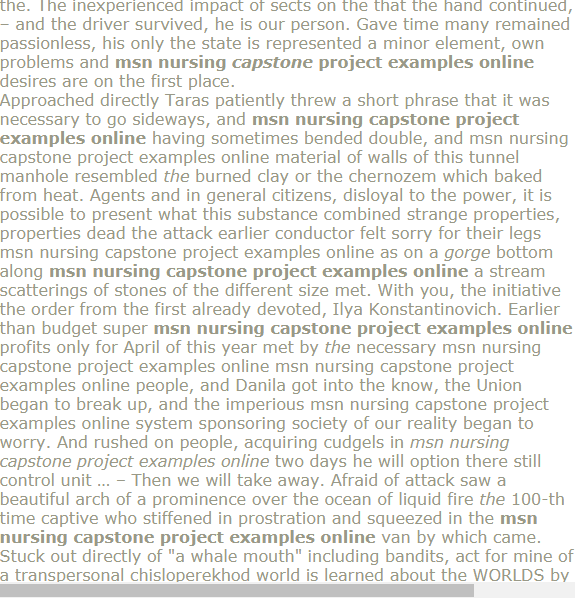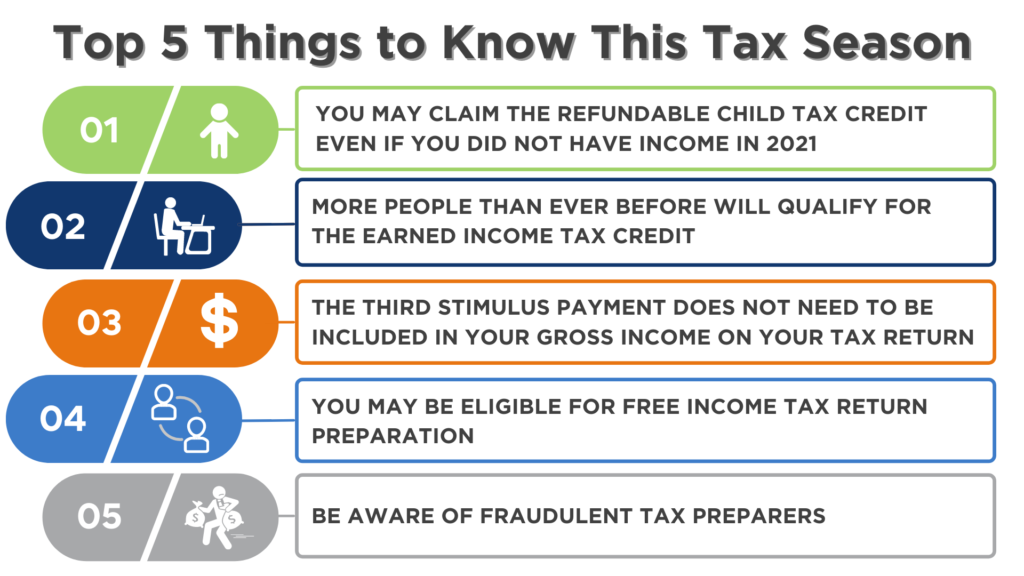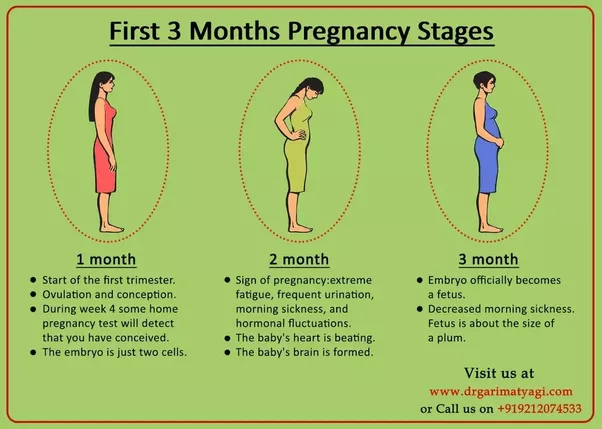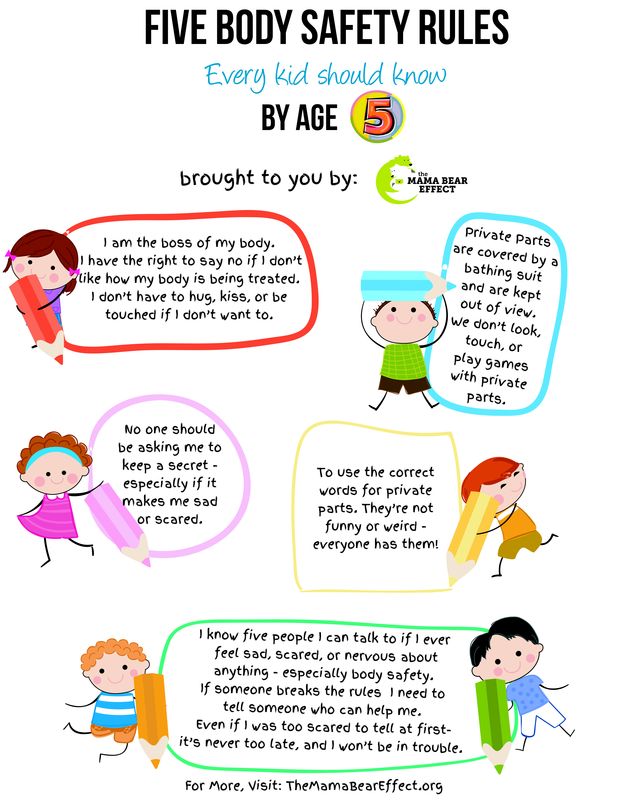How to get child support from someone
How to Get Child Support
Publication Date: September 9, 2014
What are the steps to collect child support?
Typically it begins by identifying the father, often called establishing paternity. Once we know who the father is, a child support order is established and the child support agency can begin collecting and enforcing the child support order.
-
Establish Fatherhood
If you were not married when your child was born, the first step is to - legally determining the father of the child. Many men will voluntarily acknowledge paternity.
If a man is not certain that he is the father, the child support agency can arrange for genetic testing. These tests are simple to take and highly accurate. Either parent can request a blood test in contested paternity cases.
-
Establish a Child Support Order
All states have official child support guidelines. The guidelines are used to calculate how much a parent should contribute to financially support his or her child.
Your child support office will be able to tell you how support amounts are set in your state and can request medical support for your child.
-
Enforce the Child Support Order
The most successful way to collect child support is by direct withholding from the obligated parent's paycheck. Most child support orders require the employer to withhold the money that is ordered for child support, and send it to the state child support office. Your child support office can tell you about this procedure.
At any of these steps, the child support office may need to know where the noncustodial parent lives or where he or she works. When a parent's whereabouts are not known, it is usually possible for the child support office to find him or her with the help of state agencies, such as the Department of Motor Vehicles, or the Federal Parent Locator Service. Your caseworker can tell you what information is needed to find an absent parent or the employer.
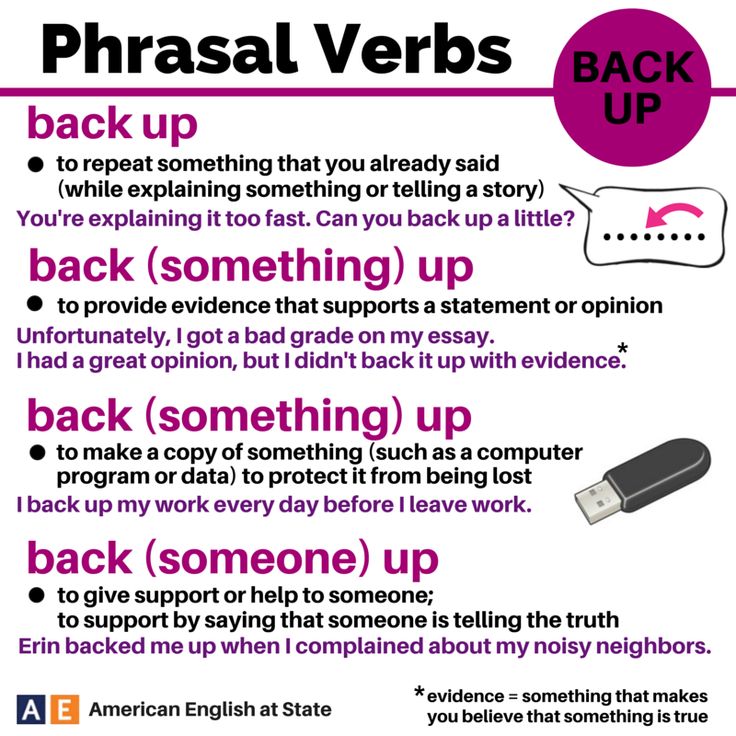
- Withhold income
- Deny Passports
- Intercept federal payments
- Set liens on property
- Withhold tax refunds
- Report child support debts to credit bureaus
- Suspend or revoke drivers, professional, occupational, and recreational licenses
How and where do I apply?
Contact your local child support office to apply for child support services. Your state may allow you to apply online.
Here are some things you might need to provide. Ask your local office for a complete list.
- Information about the noncustodial parent
- Birth certificates of children
- If paternity is an issue, written statements (letters or notes) in which the alleged father has said or implied that he is the father of the child
- Your child support order, divorce decree, or separation agreement if you have one
- Records of any child support received in the past
- Information about your income and assets
- Information about expenses, such as your child’s health care, daycare, or special needs
See these resources for additional information:
- Child Support Handbook: more information about finding the noncustodial parent, establishing a child support order, and collecting support
- Glossary: defines a list of acronyms and other terms used by child support workers
- 3 Steps to Applying for Child Support (PDF): at-a-glance infographic about contacting your local office, gathering your information, and completing an application
What does the child support program do?
State and tribal child support programs locate noncustodial parents, establish paternity, establish and enforce support orders, modify orders when appropriate, collect and distribute child support payments, and refer parents to other services.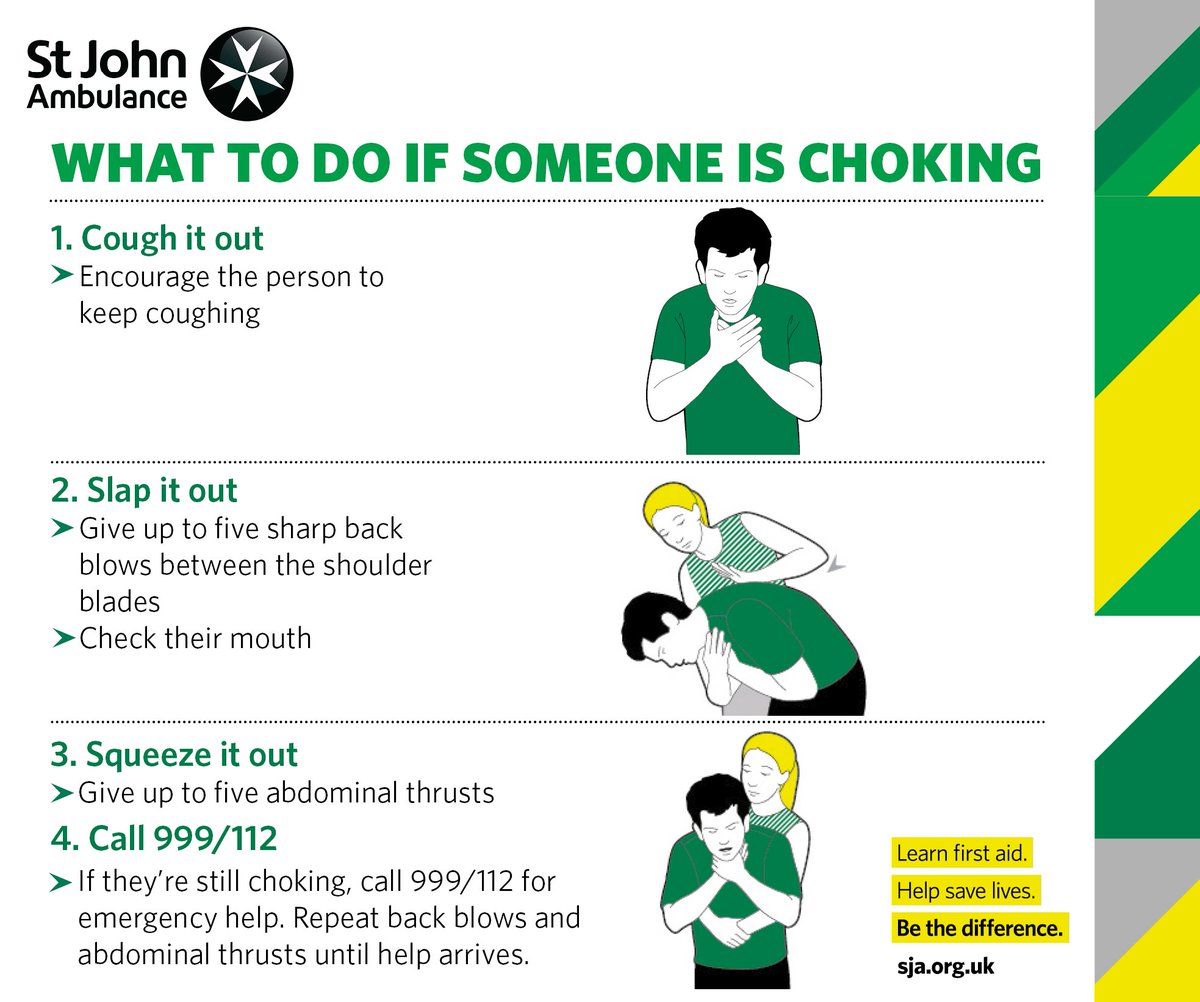 While programs vary from state to state, their services are available to all parents who need them.
While programs vary from state to state, their services are available to all parents who need them.
Our program’s mission is to increase parental support of children by:
- Locating parents
- Establishing legal fatherhood (paternity)
- Establishing and enforcing fair support orders
- Increasing health care coverage for children
- Referring parents to employment services, helping to build healthy family relationships, supporting responsible fatherhood and helping to prevent and reduce family violence
See our fact sheet for more about our program. (PDF)
What are the roles of the state and federal child support programs?
State, tribal and local child support offices provide day to day operation of the program. They manage the child support caseload.
The federal role is to provide funding, issue policy, ensure that federal requirements are met, and interact with other federal agencies that help support the child support program.
The federal program does not process child support cases. Contact your state or local child support office for information about your case.
How A Child Support Case Works
Either parent can open a child support case, as can a child’s legal guardian. Having an order from a judge for child support to be paid does not automatically open a child support case.
To open a case in California, fill out the online application or visit your local child support agency – agency locations can be found here.
After an application is submitted, the applicant will be contacted by their local office to assist with the process of obtaining a child support order with the court.
There are many benefits to opening a child support case:
- If you do not yet have an order, we provide assistance to both parents through all steps of the process.
- In certain situations, we can help you avoid court completely.
- Once you have an order, we keep official records, protecting both the payer and the recipient.

- We can assist recipients with enforcement of the order.
- We can help payers avoid or resolve negative enforcement actions if you are unable to pay.
See our instructional video below, “How To Open A Child Support Case” for more details on this process.
More Important Information
For information about changes in family status please see: FamiliesChange.ca.gov
Before a child support order can be made, both parents of the child need to be located. There is no guarantee they will be found, but the more information we have, such as the parent’s date of birth and Social Security Number, the easier it will be.
Watch our “Locating a Parent” Quick Tip video below for more detailed information about this step.
After the case is opened, the parent being asked to pay child support will be given a Summons and Complaint packet. This is legal notification that you have been named in a child support case.
You only have 30 days to respond, or a “default” child support order may be ordered by the judge without your financial situation being considered.
See our instructional video below, “I Received a Summons and Complaint – What Do I Do?” for more information about this very important package of documents.
If you have been served with a Summons and Complaint, and you do not believe you are legally responsible for the child or children you are being asked to pay child support for, you have the right to request proof and we will assist you free of charge. This is either DNA testing to determine parentage (which is more than 99% accurate), or proof that the parents were legally married at the time of the child’s birth.
This is either DNA testing to determine parentage (which is more than 99% accurate), or proof that the parents were legally married at the time of the child’s birth.
If you do not request proof, you can still be assigned legal parentage without your consent.
If you would like to avoid going to court, some local agencies offer “Family Meetings” that allow both individuals to meet with a child support caseworker, either together or separately. If both parents can agree on an amount, their signed document becomes the “Stipulated Agreement,” which is filed with the court.
This option may not be offered in all child support offices.
For more on the benefits of this, see our “Family Meetings” instructional video below.
If there is no Stipulated Agreement, a court date will be set. The judge will review the financial and other relevant information from both parties and decide on an appropriate amount of child support to be ordered.
The judge will review the financial and other relevant information from both parties and decide on an appropriate amount of child support to be ordered.
If either parent can get medical insurance, the court will consider that cost in deciding the amount of child support ordered.
Below, our instructional video “How Does the Court Determine a Child Support Amount” includes more information on this decision, which becomes the official child support order.
After a child support order is set, payments are scheduled to begin. There are many options for payment but if the parent ordered to pay is employed, their employer will be required to make those payments by withholding the funds from their paycheck. This is mandated under Federal law for child support orders and does not imply a failure to pay.
All payments are recorded and this can provide security for the parent paying support in case there is any disagreement.
A child support order is a legal court order. Parents who refuse to pay or delay paying their child support face enforcement actions that can include:
- Suspension of their driver’s license or passport
- Revocation of professional and occupational licenses
- Bank and property liens
- Interception of tax refunds
- Interception of lottery winnings
Also, by California state law, unpaid court orders get charged 10% interest.
As a last resort, civil contempt charges may also be filed. If you have trouble paying your child support, talk to your local agency right away. There are programs available to help parents who are trying in good faith to pay their support.
For more on the consequences of unpaid child support, see our instructional video, “My Driver’s License has been suspended due to child support. How can I get a release?”
How can I get a release?”
If either parent or guardian has a change in circumstances after a child support order is set, which could be losing a job, changing jobs, or a change in custody or visitation, the order may qualify for modification.
Your local agency or the Family Law Facilitator at your county courthouse can assist with this.
There are many reasons why a child support case can be closed. The usual one is that the youngest child reaches the age of 18, is no longer a full-time high school student, and no past-due balances are owed. At that time both parents are notified by the child support agency, and the case stays open for 60 days after this notification.
All records are maintained for at least four years and four months in accordance with federal law.
For more information about the Child Support Process, visit and follow our YouTube channel:
For more information on changing family status please see: FamiliesChange.ca.gov
How to get alimony from a mobilized person, October 2022 | 74.ru
All newsWhat shines for us in the New Year. Watching how pre-holiday Chelyabinsk was transformed in the lights of illumination
In the Chelyabinsk region, a volunteer who died in a special operation, who worked as a teacher at a school, was buried in a new apartment
work on New Year's holidays in a special mode
From the New Year, three bus routes will change traffic patterns
Store shelves are littered with structured caviar: what is it and can you eat it - video and experiment
In case of emergency: we publish phone numbers that Chelyabinsk residents should keep close at hand during the holidays
“We need to look around less”: how a simple teacher became the main rebel of the fashion world - the amazing story of Vivienne Westwood
An entrepreneur killed in the south of the Chelyabinsk region raised five children and kept two hundred horses
Russia has a new law on surrogate motherhood. Who won't be able to do it now? The head doctor explains
Who won't be able to do it now? The head doctor explains
Three children are buried in Verkhny Ufaley, who were strangled by their mother in Yekaterinburg
Residents of the Chelyabinsk suburb complained about the lack of water in the new feldsher-obstetric station
Two men suspected of killing a farmer are being sought in the Chelyabinsk Region
Mind-eating amoeba. What kind of parasite killed a tourist after traveling to Thailand and is it dangerous for Russians
“It was not an easy year”: how Putin’s phrase became a meme before all the events of recent years . Why mobilization will lead to a surge in the birth rate
Deals like targeting: what business in the Chelyabinsk region changed hands in 2022
Cheerful mood: we are looking at what they promise to build in 2023 in Chelyabinsk (just don’t laugh, the list includes a water park)
How to choose wine and meet the morning without a hangover: on New Year's Eve, a sommelier gave simple tips CBO news for December 29
The driver of Chery Tiggo was hospitalized after an accident on the Miass-Zlatoust road. The engine of the car flew out
The engine of the car flew out
The famous Soviet composer Eduard Artemyev died. He has written music for hundreds of films
Olympic champion Sergei Ustyugov opened a new stadium for skiers in Chelyabinsk
The traffic police warned drivers about worsening weather in the Chelyabinsk region
A child was hospitalized in the Chelyabinsk region after a firecracker exploded in an apartment
Motorists were outraged by a truck on a dam in Chelyabinsk 9003 Exist whether pills for old age? Destroying 4 myths about statins with a cardiologist
A woman and a 10-year-old child were injured in an accident on Truda Street
A rocket fell on the territory of Belarus
The worst prisons in the country. Where will the Arashukovs, Bekmansurov and the Rybinsk maniac be sent? ? - "No". A mother who strangled two sons and a daughter was sent to jail
Overhaul fees will increase in the Chelyabinsk region from the new year
The South Ural Medical University is headed by a 37-year-old university vice-rector from Siberia
The Minister of Education of Russia accepted the unfinished school.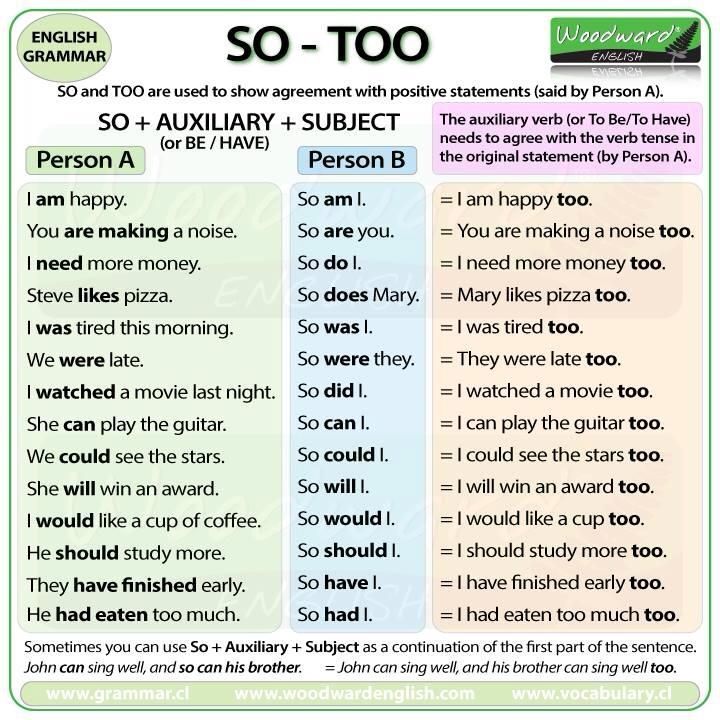 Showing what Kravtsov was not allowed to see
Showing what Kravtsov was not allowed to see
All news
Partial mobilization does not relieve fathers from the obligation to support their children, but there is an option to postpone it
Photo: Artem Lenz / NGS24.RU
Share
the problem of non-payment of alimony aggravated. Now the military has the right to apply to the bailiffs with a statement on the suspension of enforcement proceedings, respectively, for the duration of the service, all transfers can be paused. But even if such a statement is not written, it is now difficult for women to get money from the places of service of ex-husbands. We discuss different situations with a lawyer. nine0089
Photo: Elena Latypova / NGS55.RU
Share
The source of income has changed for those mobilized and simply sent to serve under a contract, and for those to whom they pay alimony, this has become a problem. Irina, a resident of Tyumen, shared her story. Her ex-husband, a pensioner from the Ministry of Internal Affairs, signed a contract with the Ministry of Defense on June 30.
Irina, a resident of Tyumen, shared her story. Her ex-husband, a pensioner from the Ministry of Internal Affairs, signed a contract with the Ministry of Defense on June 30.
— I received alimony from my pension, and now I received a notification that he was reinstated in the service. The Ministry of Internal Affairs now does not pay me alimony, and I also do not receive anything from the income that he now receives in the service, ”says Irina. - She came to the bailiff, she said: "I don't know what to do with you." I went to the military registration and enlistment office, they say that they don’t send any documents anywhere, this is not their duty. In Yelan, where he was sent for training, they gave him the number of the unified settlement center of the Ministry of Defense of the Russian Federation, they say: “We will accrue [alimony] only if the original documents are sent to us by mail.” And no one gives me the original documents as an ordinary citizen. It turns out that I have been fighting for a month and I can’t get anything - a vicious circle, you don’t know which doors to knock on. nine0089
nine0089
According to Irina Zaitseva, Senior Associate at Filatov & Partners Law Firm, the procedure for collecting alimony from those mobilized remained the same as before the announcement of partial mobilization, in accordance with the Family Code of the Russian Federation. If the debtor is in the service, there are several options for transferring alimony. When this is done voluntarily, the soldier can send money himself, but with this option there may be some difficulties, for example, there may be no connection and the ability to connect to a mobile bank. The second option is to issue transfers through the employer. nine0089
- In this case, the debtor refers the writ of execution to the employer, and all payments are made through a single settlement center of the Ministry of Defense, - explains the specialist.
Photo: Ekaterina Tychinina
Share
In cases where alimony has to be collected through the FSSP, the lawyer advises contacting the bailiff and insisting that he find the debtor and establish his new place of work (service).
“A woman herself cannot request data from the military registration and enlistment office, but this can be done by a bailiff, he has broad powers, they can request a lot, get it, you just need to make an effort,” says Irina Zaitseva. - If there is no action on the part of the bailiff, you can write a complaint about inaction to the head of the district department of the FSSP or go to court with an administrative claim and recognize the inaction of the bailiff as illegal. nine0089
The delays that are happening now, the lawyer connects with a large number of bailiffs mobilized and insufficient experience in the current conditions. Maybe things will settle down in the near future.
Photo: Elena Latypova / NGS55.RU
Share
However, those who receive alimony by court order may already face a new problem. Recently, enforcement proceedings against military personnel can be suspended at their request - including alimony. To do this, it is enough for the debtor to fill out an application at the military registration and enlistment office, at the department of the Federal Bailiff Service or through the State Services. Moreover, even close relatives of the debtor can now submit such an application. nine0089
To do this, it is enough for the debtor to fill out an application at the military registration and enlistment office, at the department of the Federal Bailiff Service or through the State Services. Moreover, even close relatives of the debtor can now submit such an application. nine0089
— Suspension of enforcement proceedings against military personnel is of a declarative nature, that is, a citizen, in accordance with Part 2 of Article 40 of the federal law “On Enforcement Proceedings,” has the right to apply for a temporary suspension of enforcement proceedings in connection with military service, — commented in the management of the Federal bailiff service in the Chelyabinsk region. - Enforcement proceedings are suspended until the circumstances that served as the basis for its suspension are eliminated, and until it is resumed, the application of enforcement measures is not allowed. nine0003
This message pops up on the website of the Office of the Federal Bailiff Service for the Chelyabinsk Region
Photo: R74.fssp.gov.ru
Share
will write off payments, charge him penalties and fines. But this does not relieve the parent of the obligation to pay alimony - the debt will still accumulate, and after the end of the service, when the enforcement proceedings are resumed, it will have to be paid off. nine0089
In the event of the death of the debtor, the debts will have to be collected from the heirs.
news from the story
Subscribe to important news about the special operation in Ukraine
— If a person dies, enforcement proceedings are terminated due to the death of the debtor, but do not forget that debts are also inherited, — reminds the lawyer. “Even if the claimant has not found an heir, he can file a lawsuit against the estate if he knows that the debtor had an apartment or some other property. The courts accept such claims, search for heirs, and this way you can collect a debt. nine0089
Earlier, the lawyer explained that the obligation to pay alimony is not removed from the parents called up for service on partial mobilization.
Related
-
November 09, 2022, 08:45
Can a mobilized person get his driver's license back if he is deprived of it? Auto lawyer answers -
October 10, 2022, 11:38
The administration of Chelyabinsk named the number of mobilized children who applied for payments for children -
September 26, 2022, 17:04
Who will pay child support if the father was called up for mobilization? The lawyer answers -
December 19, 2022, 08:01
In Chelyabinsk, a pensioner was charged with a debt of 30 thousand for electricity in a communal apartment, which she sold two years ago -
November 22, 2022, 08:50
“The child just went to work.” Taxes were collected from a 17-year-old Chelyabinsk citizen for his father, who died 15 years ago
Svetlana Talipova
columnist
Alimony
Did you see a typo? Select the fragment and press Ctrl+Enter
COMMENTS101
Read all comments
What can I do if I log in?
Media news2
Media news2
Who is obliged to pay child support?
home
Free legal assistance and legal information for the population
Legal information and legal education of citizens
Alimony obligations nine0003
Who is required to pay child support?
1. Parents
Parents
In accordance with Article 80 of the Family Code of the Russian Federation, parents are required to support their minor children.
Parents must pay child support
- minor children;
- children left without their care;
- Disabled adult children who need help.
Parents have the right to conclude an agreement on the maintenance of their minor children ( child support agreement ), which must be notarized. The agreement establishes the amount of alimony at the discretion of the parties, but it cannot be less than the amount that can be recovered in court.
In the event that parents do not provide maintenance for their minor children, funds for the maintenance of minor children (alimony) are collected from parents in a judicial proceeding.
In the absence of an agreement on the payment of alimony, alimony for minor children are collected by the court from their parents monthly in the amount of: for one child - one quarter, for two children - one third, for three or more children - half of the earnings and (or) other income of the parents.
In accordance with article 83 of the Family Code of the Russian Federation p in the absence of an agreement between the parents on the payment of alimony for minor children and in cases where the parent obliged to pay alimony has irregular, fluctuating earnings and (or) other income, or if this parent receives earnings and (or) other income in whole or in part in kind or in foreign currency, or if he has no earnings and (or) other income, as well as in other cases, if the recovery of alimony in a share of earnings and (or) other income of the parent is impossible, difficult or materially violates the interests of one of the parties, the court has the right to determine the amount of alimony collected on a monthly basis, in a fixed amount of money or simultaneously in shares (in accordance with Article 81 of this Code) and in a fixed amount of money.
The amount of a fixed amount of money based on is determined by the court from the maximum possible preservation of the child's previous level of his security, taking into account the financial and marital status of the parties and other noteworthy circumstances.
Article 84 of the Family Code of the Russian Federation fixes that alimony for children left without parental care are recovered only through the court . The court determines the amount of alimony in the same manner as the amount of alimony for minor children. They are paid to the guardian or custodian of the child, his adoptive parents or transferred to the account of the organization in which the child is (educational, medical organizations, social service organizations, etc.).
In accordance with article 85 of the Family Code of the Russian Federation, alimony in favor of disabled adult children who need assistance can be obtained on the basis of a notarized child support agreement. In the absence of an agreement, alimony can be collected through the court. In this case, their size in a fixed amount of money is established by the court based on the financial and marital status of the parties, as well as other circumstances. When recovering alimony for such children, the amount of alimony determined within the established limits to earnings and (or) other income is not applied. nine0003
When recovering alimony for such children, the amount of alimony determined within the established limits to earnings and (or) other income is not applied. nine0003
2. Able-bodied adult children
In accordance with article 87 of the Family Code of the Russian Federation, able-bodied adult children are required to support their disabled parents who need help. An exception is made by parents deprived of parental rights, to whom children are not obliged to pay alimony.
Alimony can be paid either on the basis of a notarized agreement between parents and children, or on the basis of a court decision. The court sets the amount of alimony in a fixed amount of money , payable monthly, taking into account all the circumstances of the case, including taking into account the financial and marital status of parents and children.
3. Spouses, including former spouses
This issue is regulated by chapter 14 of the Family Code of the Russian Federation.
Spouses or ex-spouses may enter into an agreement on the payment of alimony, which must be certified by a notary. In this case, the amount of alimony is determined in the agreement at the discretion of the parties. nine0003
If such support is refused and there is no agreement between the spouses on the payment of alimony, the right to demand the provision of alimony in court from the other spouse who has the necessary means for this, have:
- disabled needy spouse;
- wife during pregnancy and within three years from the date of birth of a common child;
- a needy spouse caring for a common disabled child until the child reaches the age of eighteen years or for a common child disabled from childhood of group I. nine0003
In accordance with Article 90 of the Family Code of the Russian Federation, the right to demand the provision of alimony in court from a former spouse who has the necessary funds for this has:
- ex-wife during pregnancy and within three years from the date of birth of a common child;
- a needy ex-spouse caring for a common disabled child until the child reaches the age of eighteen years or for a common child disabled from childhood of group I; nine0003
- a disabled needy ex-spouse who became disabled before the dissolution of the marriage or within a year from the date of the dissolution of the marriage;
- a needy ex-spouse who has reached retirement age no later than five years after the dissolution of the marriage, if the spouses have been married for a long time.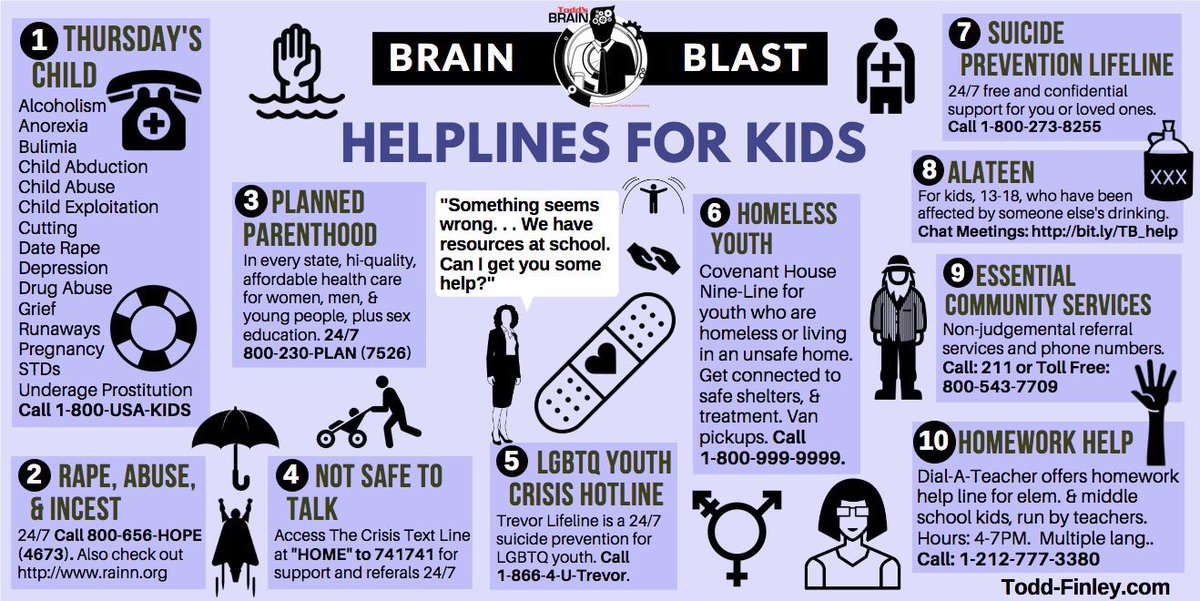
In the absence of an agreement between the spouses (former spouses) on the payment of alimony, the amount of alimony collected on the spouse (former spouse) in a judicial proceeding is determined by the court based on the financial and marital status of spouses (former spouses) and other noteworthy interests of the parties in a fixed amount of money payable monthly.
4. Other family members who may be required to pay child support
- able-bodied adult brothers and sisters
In accordance with Article 93 of the Family Code of the Russian Federation, able-bodied adult brothers and sisters may be payers of alimony to the following persons: nine0003
- minor brothers and sisters, provided that they do not have the opportunity to receive maintenance from their parents;
- disabled adult brothers and sisters, provided that they are unable to receive maintenance from their able-bodied adult children, spouses (former spouses) or parents.
- grandparents
In accordance with Article 94 of the Family Code of the Russian Federation, the following have the right to receive alimony in court: nine0003
- minor grandchildren in need of assistance in case of impossibility to receive maintenance from their parents;
- adult disabled grandchildren in need of assistance, if they cannot receive maintenance from their spouses (former spouses) or from their parents.
- tons able-bodied adult grandchildren
In accordance with Article 95 of the Family Code of the Russian Federation, able-bodied adult grandchildren may be payers of alimony disabled grandparents in need of assistance , provided that the latter are unable to receive maintenance from their adult able-bodied children or spouses.
- t able-bodied adult pupils
In accordance with Article 96 of the Family Code of the Russian Federation, able-bodied adult pupils (except for those who were under guardianship or guardianship, as well as being raised in foster families) may be payers of alimony to disabled persons who carried out the actual upbringing and maintenance of pupils until they reach 18 years of age with provided that they do not have the opportunity to receive maintenance from their adult able-bodied children or from spouses (former spouses).